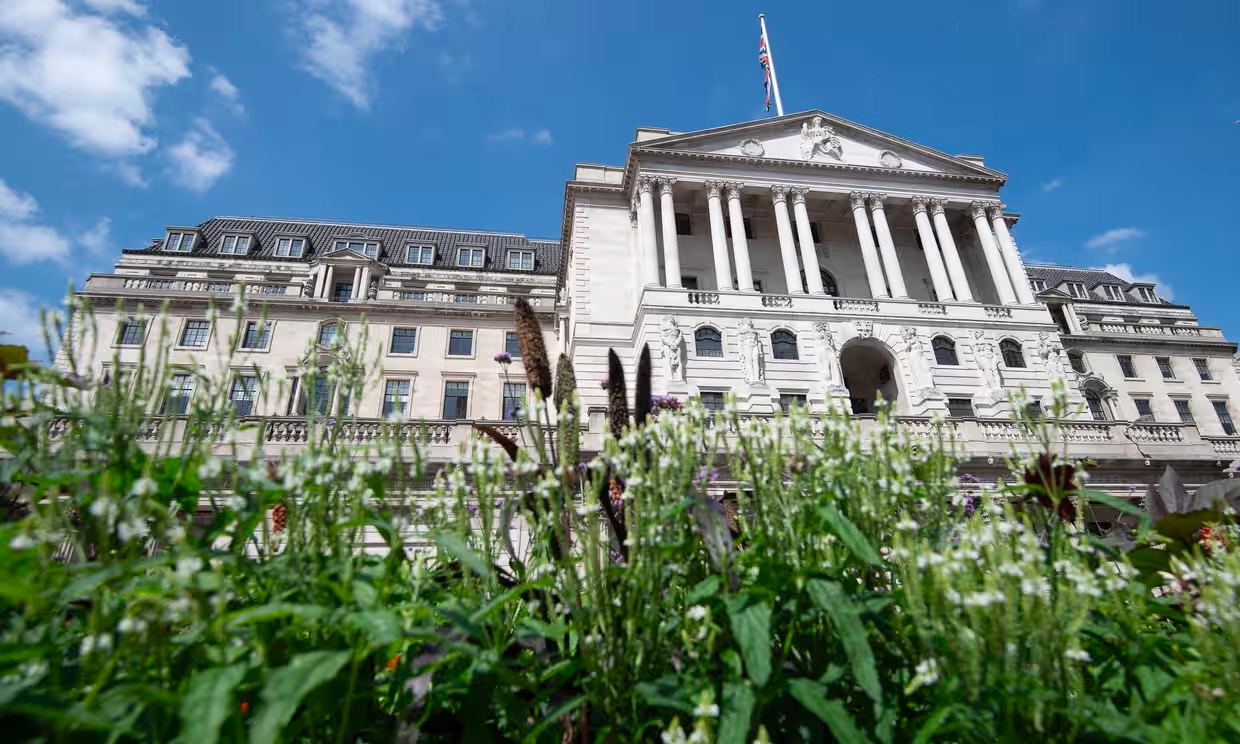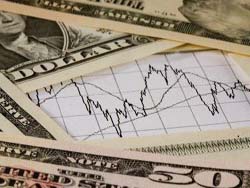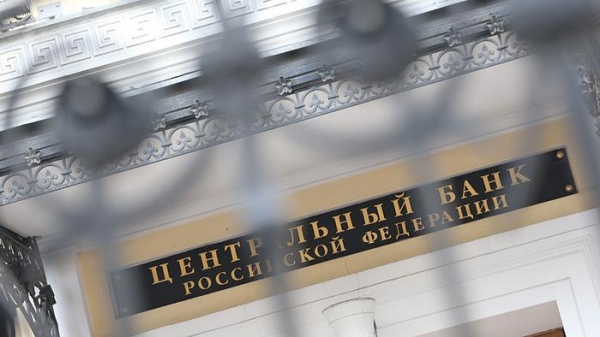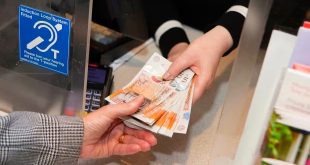If Christmas hasn’t cleaned you out financially, now could be the last chance to grab one of the UK’s highest-paying fixed-rate savings accounts.
With the money markets convinced that interest rates are heading on a downward trajectory, the smart savings cash is heading for a fixed-rate bond – while rates above 5% are still available.
Just before Christmas, a much bigger than expected fall in the UK’s annual inflation rate left many City analysts expecting interest rates to fall sharply in 2024 – probably from May onwards. Some believe the Bank of England could make as many as four interest rate cuts during 2024 – moves that will slash the returns for savers.
If it does, payouts on any accounts not promising a fixed interest rate are bound to follow suit, and those easy access deals that look good now may not be as rewarding this time next year. The only way to lock in at today’s levels is to look for a fixed-rate account – either a regular saver or a bond.
According to Guardian Money research, the highest-paying one-year, fixed-rate bonds this week are from Ford Money – paying an attractive 5.35% if you have at least £500 to invest, and Union Bank of India (UK), which pays the same but you need £1,000 to open it. SmartSave is offering a slightly lower 5.31% for a year on a minimum investment of £10,000. Both are online accounts. On the high street, the Post Office is offering a rate of 5% on its Growth Bond – you can fix at that rate for one, two or three years. The minimum investment is £500.
If you are prepared or aiming to lock your money away for longer, the Union Bank of India (UK) is paying 5.4% over 24 months. Meanwhile, Hanley Economic building society in Stoke-on-Trent is paying a very attractive 5.35% on a three-year deal, again with a minimum £1,000 opening balance, although this is only available by post or in a branch.
The demand for such accounts means banks could start withdrawing or repricing products lower when everyone returns to work next week – or even sooner.
Before Christmas, Metro Bank, which was offering a table-topping 5.66% on its one-year fixed-rate bond, pulled the deal to allow it to handle a big influx of applications.
“New applications of fixed-term savings will not be available until early in the new year for new customers,” it said. Any replacement account could well pay a lower rate, if and when it is introduced.
Close Brothers recently pulled its popular one-year fixed-rate savings bond that was paying 5.4%.
The best-buy regular savings accounts are typically linked to current accounts, and are not all fixed. Nationwide’s market-leading 8% Flex Regular Saver, for example, is a variable rate deal. First Direct’s Regular Saver is guaranteed to pay 7% for a year, and holders of its 1st current account can pay in between £25 and £300 a month.
Lucinda O’Brien, a savings expert at the website Money.co.uk, says: “The top rates on savings accounts are now comfortably beating inflation, after it dropped to 3.9% in November.
“Savers can take advantage of these rates so their money has more purchasing power, but they’ll need to act quickly as rates are falling – especially on fixed-rate bonds.”
At the end of October, she says, the top rate of a one-year fixed-rate bond was 6.05% – much higher than today’s best-buy rate.








